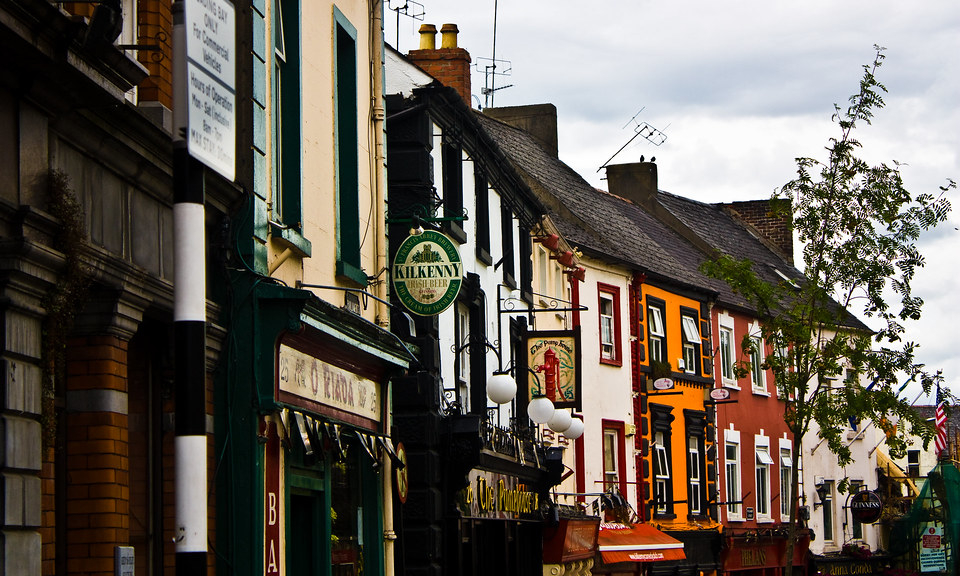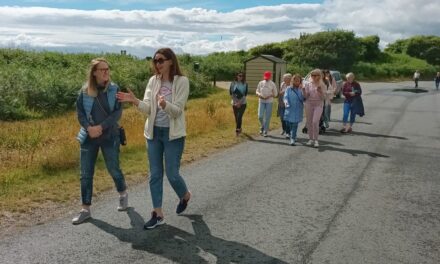There’s no doubt that community facilities are immensely useful for many reasons, but what can you do if your community can’t afford a new building? With pub hubs, Pat Kennedy may have the answer.
Communities across Ireland could be in a position to develop a network of 800-plus community innovation hubs around the country by using pubs as the bricks and mortar. These ‘pub hubs’ could operate as pubs by night and community hubs by day.
Pub hubs could provide hot desking space for small businesses, and local community groups could make great use of the facilities. While it’s great when there is a local community centre available, this is often not the case in smaller towns.
As a benchmark, every town and village in Ireland with a Tidy Towns committee has the necessary community drive, cohesion and collective thinking to make this work. And there is barely a village in Ireland without a pub.
So, how could we go about creating 800-850 community innovation hubs in Ireland? Post offices, restaurants, vacant shop units and former church premises could each operate as hubs, but pubs appeal for a number of reasons.
First and foremost, they are usually recognised as community assets and their owners are often searching for fresh ideas. They already have phone lines, internet (in many cases), toilet facilities and insurance, and many can provide food.
Modest grants could help pub owners put the necessary infrastructure – such as projectors, a better broadband connection, electrical points and office-style seating – in place.
With a relatively small investment, pub hubs could easily provide the following services:
- Centralised call answering and secretarial services;
- Parcel collection and delivery points;
- Meeting rooms and showrooms;
- A fast broadband connection;
- Community support services;
- Childcare facilities;
- Training.
The list goes on.
Publicans do not necessarily need to run the innovation hubs, either. Others could manage the hubs by day on a voluntary or paid basis. To work on a large scale, though, pub hubs would have to appeal to publicans, and the application process should be straightforward.
Alongside local community groups and publicans, other key stakeholders – the network of local enterprise offices (LEOs) and the representative bodies for publicans, for example – would need to get behind the idea. And they would benefit. Pub hubs could provide meeting places in each county for LEOs and others to work in, and run training for multiple local businesses in a central location.
Get started
So that’s the idea, but communities may wonder how to begin. What steps should they take?
Start by looking at all the buildings in your area, not just those that are vacant and not just pubs – every community is different, so your solution may not be the same as someone else’s. Pay particular attention to buildings that aren’t often in use, or that are only in use for particular times during the day or night.
Pub hubs aren’t the first example of this sort of community endeavour, as community shops begin to sprout up around the country. There are less than 10 community shops in Ireland, though, and, while they are a great idea, they need more support at national level. But is this a model that could work for pub hubs?
Of course, there is nothing to stop a community taking a bottom-up approach and showing the rest of us how a pub hub could work. Who will be the first to try?
Pat Kennedy is the owner and head of strategy at digital development company eConcepts and the digital community platform eTownz.
An expanded version of this article offers further suggestions and is available on a Google Doc for comment. Your views are most welcome.





